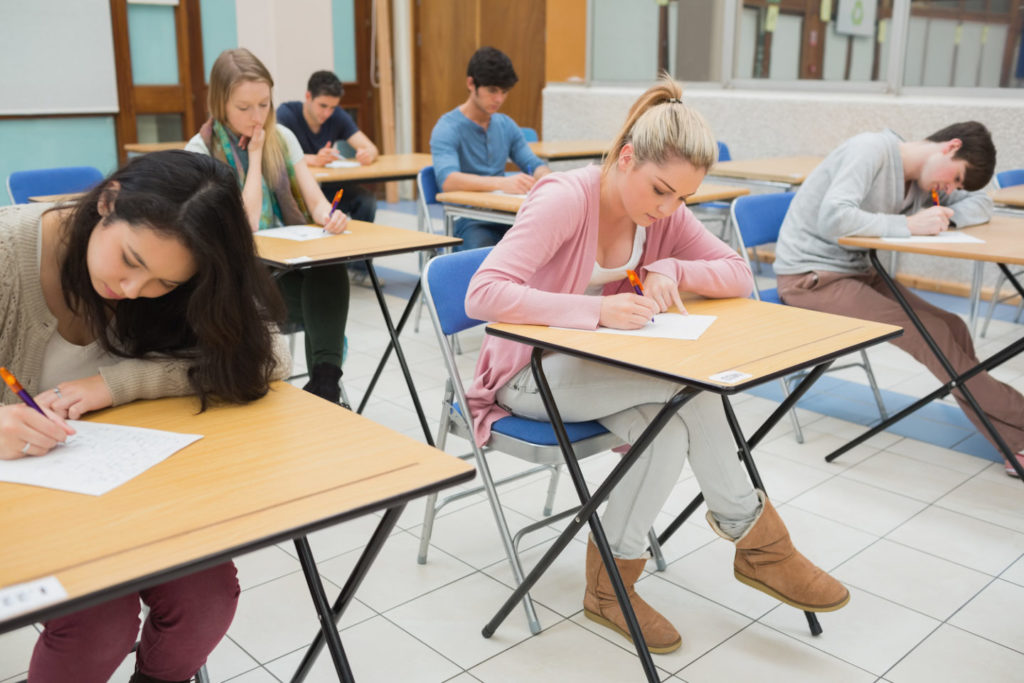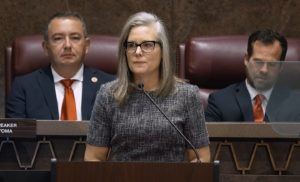Study: South Carolina learning loss could lead to reduced earnings
(The Center Square) – South Carolina students lost months of learning over the past few years, which could result in billions of dollars of reduced wages.
While the results vary per school…

(The Center Square) – South Carolina students lost months of learning over the past few years, which could result in billions of dollars of reduced wages.
While the results vary per school district, between 2019 and 2022, South Carolina averaged a loss of nearly four months (-0.43 grade equivalents) of math learning. The state also lost more than one month (-0.17 grade equivalents) in reading.
The findings are revealed in the Education Recovery Scorecard, a collaboration with the Center for Education Policy Research at Harvard University and Stanford University’s Educational Opportunity Project. The scorecard uses National Assessment of Educational Progress test scores from 2019 to 2022 in grade equivalents — one grade equivalent represents roughly one school year of learning.
Georgia ($10,891) and North Carolina ($15,872) saw higher mean lost incomes than the Palmetto State. Regionally, South Carolina saw a higher mean income loss than Alabama ($2,860) but lower than Tennessee ($11,496), Florida ($14,390) and Virginia ($24,531).
When the NAEP scores were released in October, South Carolina officials said students’ scores stayed steady in fourth-grade reading and math while “measurably declining” in eighth grade.
“The results we see nationwide were perhaps expected but are no less concerning for educators who anticipated the consequences school closures would have on student achievement,” South Carolina Superintendent of Education Molly Spearman said in an announcement at the time.
“While our state maintained its performance overall as the nation showed significant decline, these results confirm there is still much work to do,” Spearman added. “We commend the work of educators to help students recover and reaffirm commitments to double down on efforts that will address the needs of all students and prepare them for college, career, and citizenship.”



